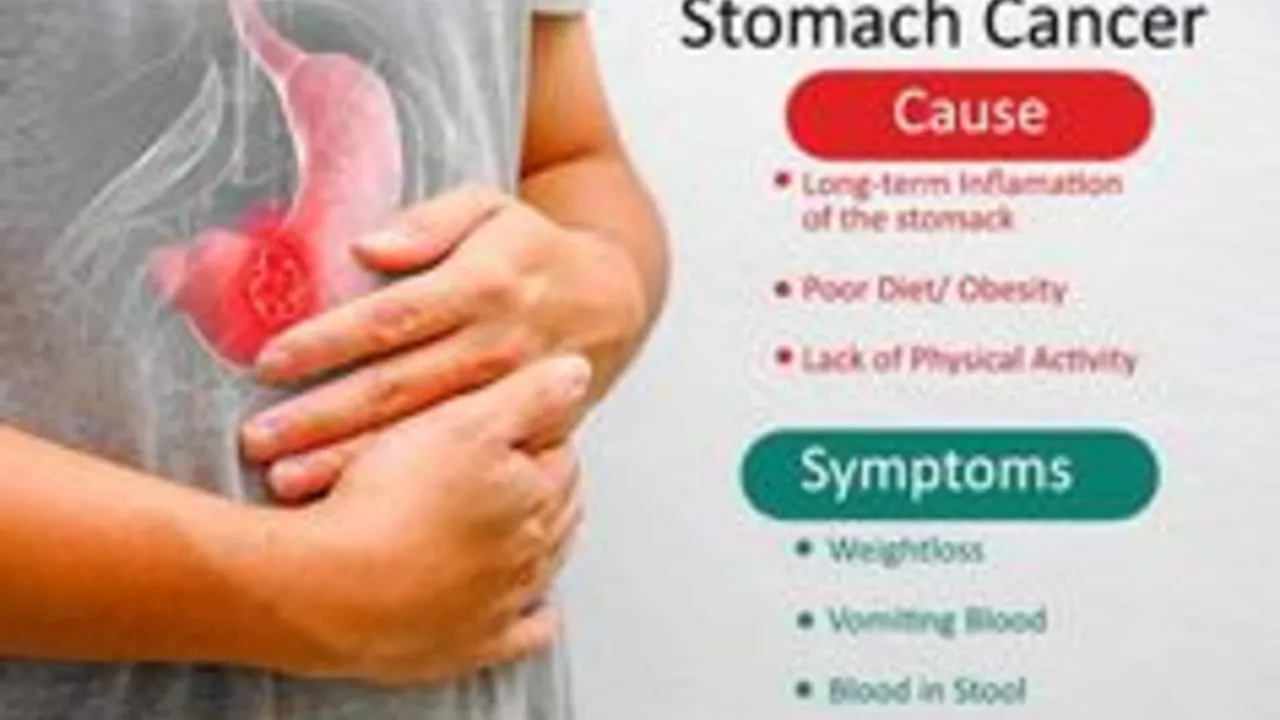Cancer Treatment Consequences: What You’ll Feel and How to Cope
Finishing chemo, radiation, or surgery feels like a win, but the journey isn’t over. Your body may still be reacting to the drugs, radiation dose, or surgical stress. Knowing what’s coming helps you plan, stay ahead of problems, and keep your quality of life high.
Short‑Term Side Effects You’ll Feel Now
Most patients notice fatigue, nausea, hair loss, or skin irritation within weeks of starting treatment. Fatigue isn’t just “tiredness” – it can make simple tasks feel like climbing stairs. Keep a light‑exercise routine, stay hydrated, and break big chores into short bursts to save energy.
Nausea often follows chemo. Small, frequent meals with bland foods (toast, bananas, rice) work better than large meals. Over‑the‑counter ginger or prescription anti‑nausea meds can cut the wave early, so talk to your pharmacist about options.
Skin changes after radiation show up as redness, itching, or dryness. Use fragrance‑free moisturizers and wear loose clothing to reduce irritation. If a rash spreads quickly, call your oncology nurse – it might need a cream prescription.
Long‑Term Consequences & How to Handle Them
Months or years later, you might face nerve damage (neuropathy), heart issues, or hormone changes. Neuropathy feels like tingling or numbness in hands and feet. Simple hand‑exercises, avoiding extreme temperatures, and wearing cushioned shoes can lessen the bother.
Certain chemo drugs raise the risk of heart problems. Regular check‑ups with an echo or stress test let you catch early signs. Low‑impact cardio (walking, swimming) and a heart‑healthy diet keep your ticker in shape.
Hormone shifts happen after treatments that affect the ovaries, testes, or thyroid. Symptoms include hot flashes, mood swings, or weight changes. Blood tests guide whether hormone replacement or medication is needed – always discuss with your doctor.
Fertility worries are common. If you plan to have kids later, talk about sperm banking or egg freezing before treatment starts. Even after therapy, fertility may return; a specialist can evaluate options.
Emotional health often takes a hit. Anxiety, depression, and “chemo brain” (memory fog) affect many survivors. Staying connected with support groups, practicing mindfulness, and seeing a therapist when needed are proven ways to boost mood.
Finally, regular follow‑up appointments aren’t just paperwork. They catch recurrences early, adjust meds for side effects, and give you a chance to ask questions. Bring a list of any new symptoms so your team can act fast.
Bottom line: cancer treatment may leave lasting footprints, but with the right strategies you can keep moving forward. Track what you feel, use practical tips, and lean on professionals – you’ve already shown strength by getting through therapy, now it’s time to thrive.

